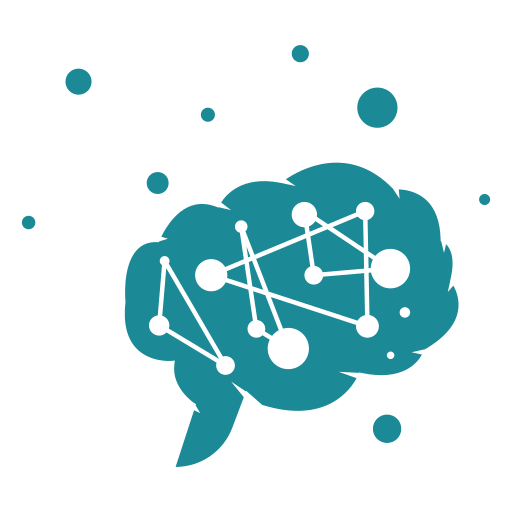Introduction
In today’s technology-driven world, coding is a fundamental skill that extends far beyond the realm of computer science. It’s increasingly recognized as a critical skillset that will shape the future of work, innovation, and problem-solving.
Why Coding is Important
There are many reasons why coding is so important in the future. Here are a few key examples
Automation and the Changing Job Landscape
As automation and artificial intelligence continue to advance, many routine and repetitive tasks will be handled by machines. However, there will still be a need for human workers who can think critically, solve problems, and create new things. Coding skills will be essential for staying relevant in the job market and adapting to the changing landscape of work.
Interdisciplinary Applications
Coding is no longer confined to computer science departments. It’s increasingly used across various fields, from healthcare and finance to art and music. For example, in healthcare, coding is essential for managing electronic health records, analyzing medical data, and developing healthcare apps. In the arts, coding can be used to create interactive installations and digital art.
Innovation and Entrepreneurship
Coding is at the heart of innovation. Aspiring entrepreneurs and innovators need coding skills to turn their ideas into reality. Whether it’s developing a new mobile app, building a tech startup, or inventing groundbreaking solutions, coding is the tool that makes it all possible.
Problem-Solving and Critical Thinking
Coding isn’t just about writing lines of code; it’s about solving complex problems systematically. Learning to code helps individuals develop critical thinking skills, logical reasoning, and the ability to break down large problems into manageable parts. These skills are valuable in all aspects of life.
Global Collaboration and Communication
Coding is a universal language that transcends borders. With the internet connecting people from all over the world, coding facilitates collaboration on a global scale. Whether you’re working on an open-source software project with developers from different countries or collaborating with a remote team, coding is the common thread that allows communication and innovation to flourish.
Education and Lifelong Learning
In the education sector, coding is being introduced at earlier ages. It’s not just about preparing the next generation of software developers but also about teaching computational thinking and problem-solving. Lifelong learning is becoming increasingly important, and coding is a skill that can be honed throughout one’s life.
Creating Tech-Empowered Citizens
As technology continues to shape our society and influence decision-making, it’s crucial for citizens to have a basic understanding of how technology works. Coding empowers individuals to have a say in the technology-driven decisions that impact their lives, from data privacy to digital rights.
Conclusion
Coding is no longer a niche skill; it’s a universal tool for empowerment and problem-solving in the modern world. As we look ahead, it’s evident that coding will play an even more critical role in shaping our future. Whether you’re a student, a professional, or simply someone curious about the world, learning to code is an investment in your ability to adapt, innovate, and thrive in an increasingly tech-centric world. So, don’t wait; start coding today and be ready to navigate the challenges and opportunities of the future with confidence.

